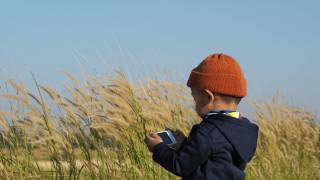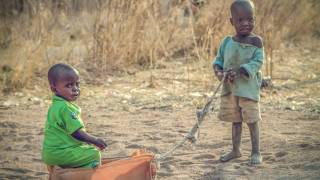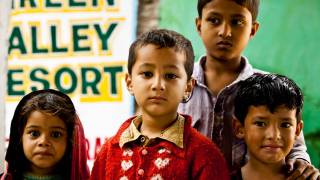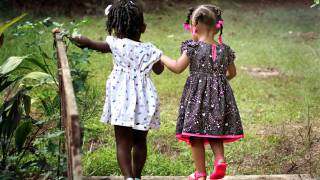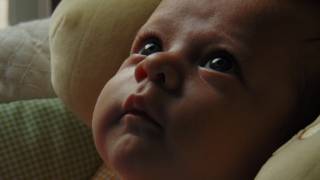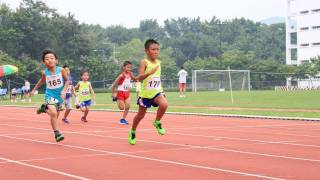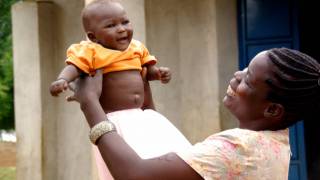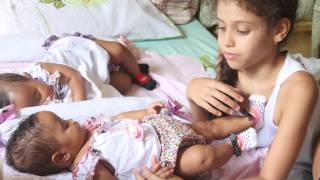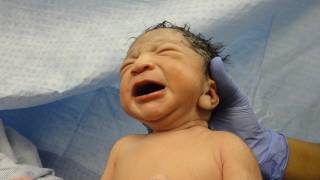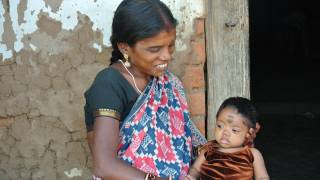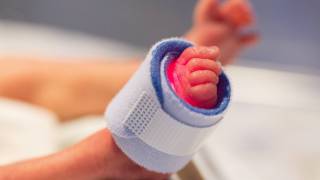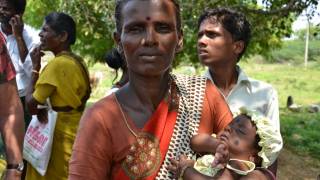Global Agreement Delivers Rotavirus Vaccine to Children
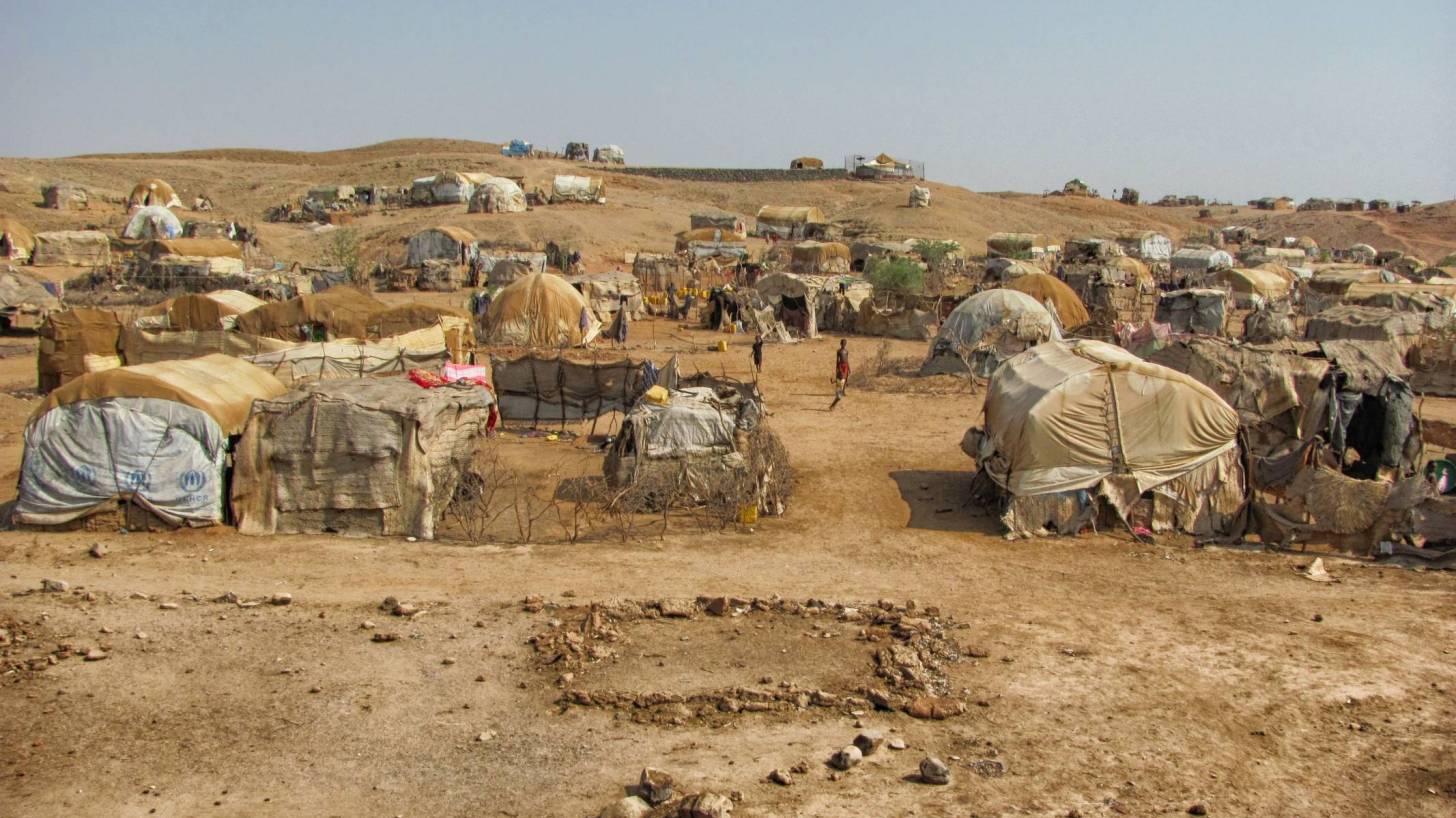
Médecins Sans Frontières (MSF), Save the Children, UNICEF, and the World Health Organization (WHO) announced a rotavirus vaccine would become available to more children living in humanitarian crises.
Thanks to a landmark agreement with the vaccine manufacturer GSK, children living in refugee camps, displaced communities, or other emergencies now have a better chance of being protected against severe diarrhoeal disease with these rotavirus vaccines.
GSK has committed to supply the Rotarix vaccine at its lowest global price.
Rotarix is a live, attenuated rotavirus vaccine derived from the human 89-12 strain, which belongs to G1P type.
The new agreement disclosed on March 4, 2021, builds on GSK’s existing commitment to the Humanitarian Mechanism for its PCV (pneumococcal conjugate vaccine), Synflorix, at the lowest global price for its four-dose vial presentation.
GSK has been providing Synflorix through the Mechanism since 2017.
Nearly 1 million doses of pneumococcal vaccine were approved for use through the Mechanism in 12 countries: Algeria, Central African Republic, Chad, the Democratic Republic of the Congo, Ethiopia, Greece, Kenya, Lebanon, Niger, Nigeria, South Sudan, and Syria.
The pneumococcal vaccine protects against childhood pneumonia, also a leading cause of childhood deaths during emergencies.
“We welcome this engagement from manufacturers and hope it will be a step towards making more vaccines available in the future at affordable prices,” commented Dr. Kate O’Brien, Director of Immunization, Vaccines, and Biologicals at WHO, in a related press statement.
Rotavirus is the most common cause of severe diarrhoeal disease in children under five years globally, responsible for up to 200,000 child deaths each year. Children in refugee camps and displaced communities are among the most vulnerable in the world to such diseases due to population density, poor hygiene and sanitation, and higher rates of malnutrition.
Vaccination is therefore especially critical for these children, who may otherwise lack access to essential health services.
“Save the Children sees the devastating impacts the rotavirus has on children every day, so we welcome this important commitment as a vital step in protecting some of the most vulnerable children from life-threatening, yet easily preventable diseases,” added Rachel Cummings, Director of the Humanitarian Public Health Team at Save the Children.
Once secured through the Mechanism, the vaccines are offered to humanitarian organizations working in camps and other emergency settings, making applications to access the vaccine at these lower prices.
The Humanitarian Mechanism was founded in 2017 to enhance access to vaccines in emergencies by civil society organizations in countries that are not otherwise eligible for Gavi support.
PrecisionVaccinations publishes research-based vaccine news.
Our Trust Standards: Medical Advisory Committee




